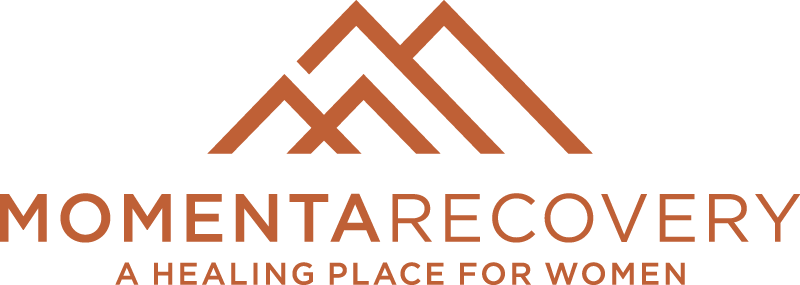ADDRESSING YOUR
WHOLE HEALTH
CO-OCCURRING DIAGNOSIS
Co-occurring, or dual diagnosis, commonly refers to an individual that has a mental health disorder in addition to substance use disorder or other addictions. The vast majority of individuals coming to treatment here have
co-occurring diagnosis. The therapists at Momenta are dually credentialed in mental health and addiction.
The therapists at Momenta understand the complexities of working with individuals struggling with
co-occurring disorders, as well as the best approach to treating these disorders concurrently.
Trauma Treatment
Trauma is often a precursor to addiction. The more adverse childhood experience one has the more likely they are to develop an addiction. Momenta Recovery’s trauma-specific treatment program utilizes evidence-based practices in the treatment of individuals’ trauma(s). It is essential to one’s recovery that they work through trauma so that they can move forward in recovery. Doing this work significantly improves long-term outcomes.
Addiction Issues
Substance use disorder is classified by the American Medical Association as a Chronic Brain Disease. This disease has a genetic basis, accounting for roughly 50% of the cause of addiction. Trauma, attachment, and other causes combine to form the other 50%. Momenta Recovery understands the complexity of addiction, and how abusing substances negatively impacts one’s neurological functioning.
Attachment DISORDERS
Attachment in infancy and childhood sets the stage for how one perceives the world. If this attachment is disrupted, a person can develop a worldview where they perceive people as unsafe and unpredictable. Insecure attachment often leads to substance use and unhealthy relationships to feel connected and “whole.” We use evidence-based therapies to help individuals understand their attachment style and the role it has in their addiction and relationships.
For more information on attachment disorders, please click here.



